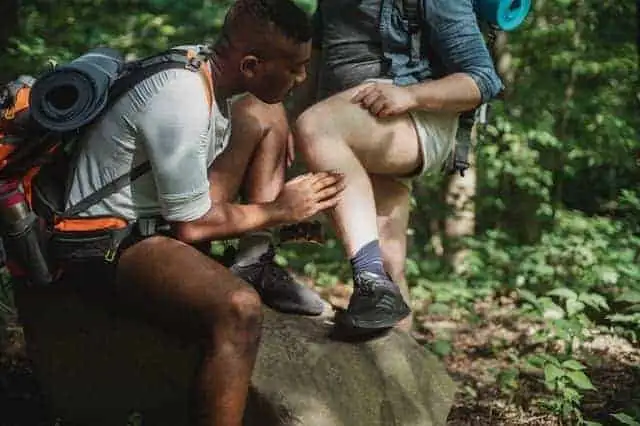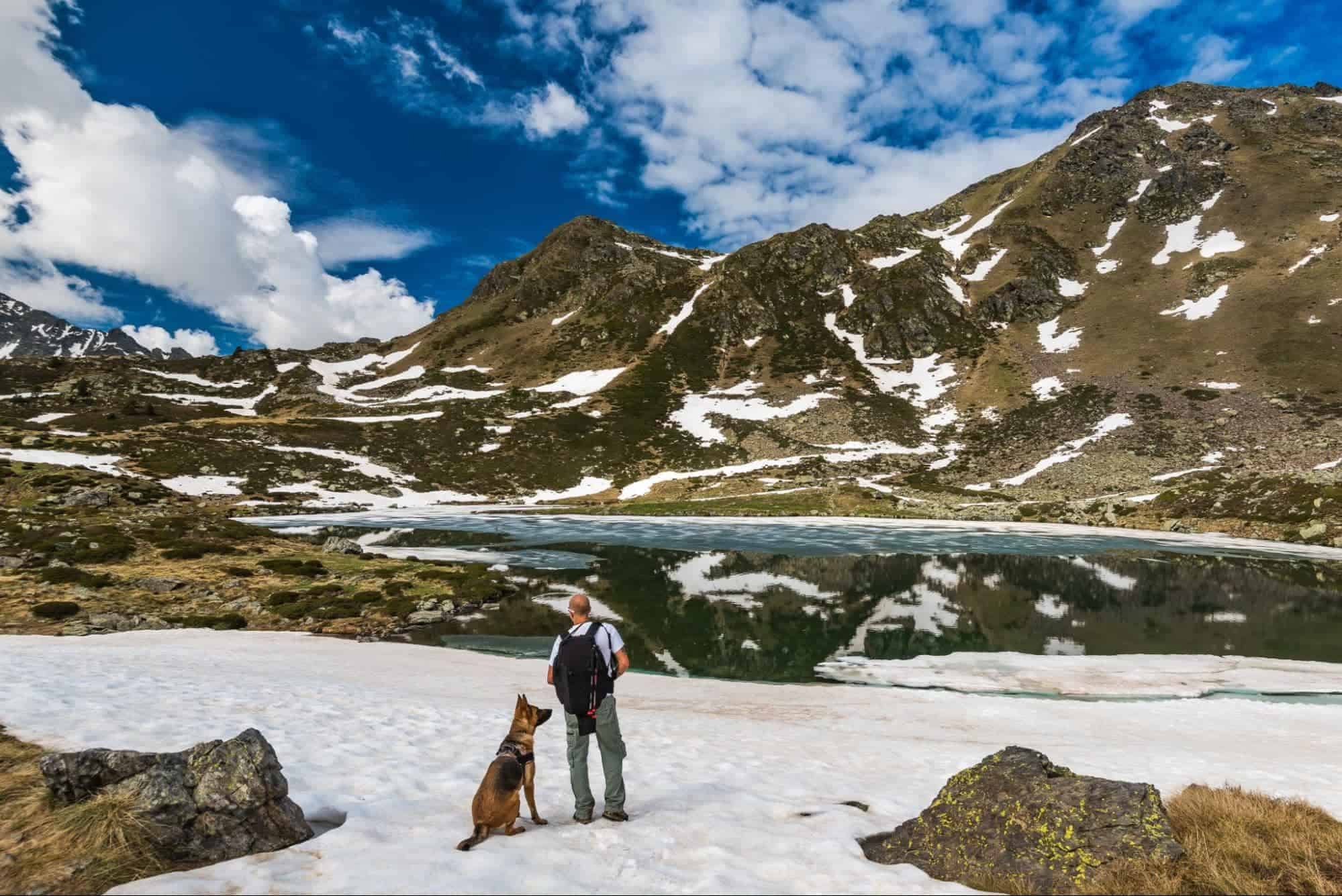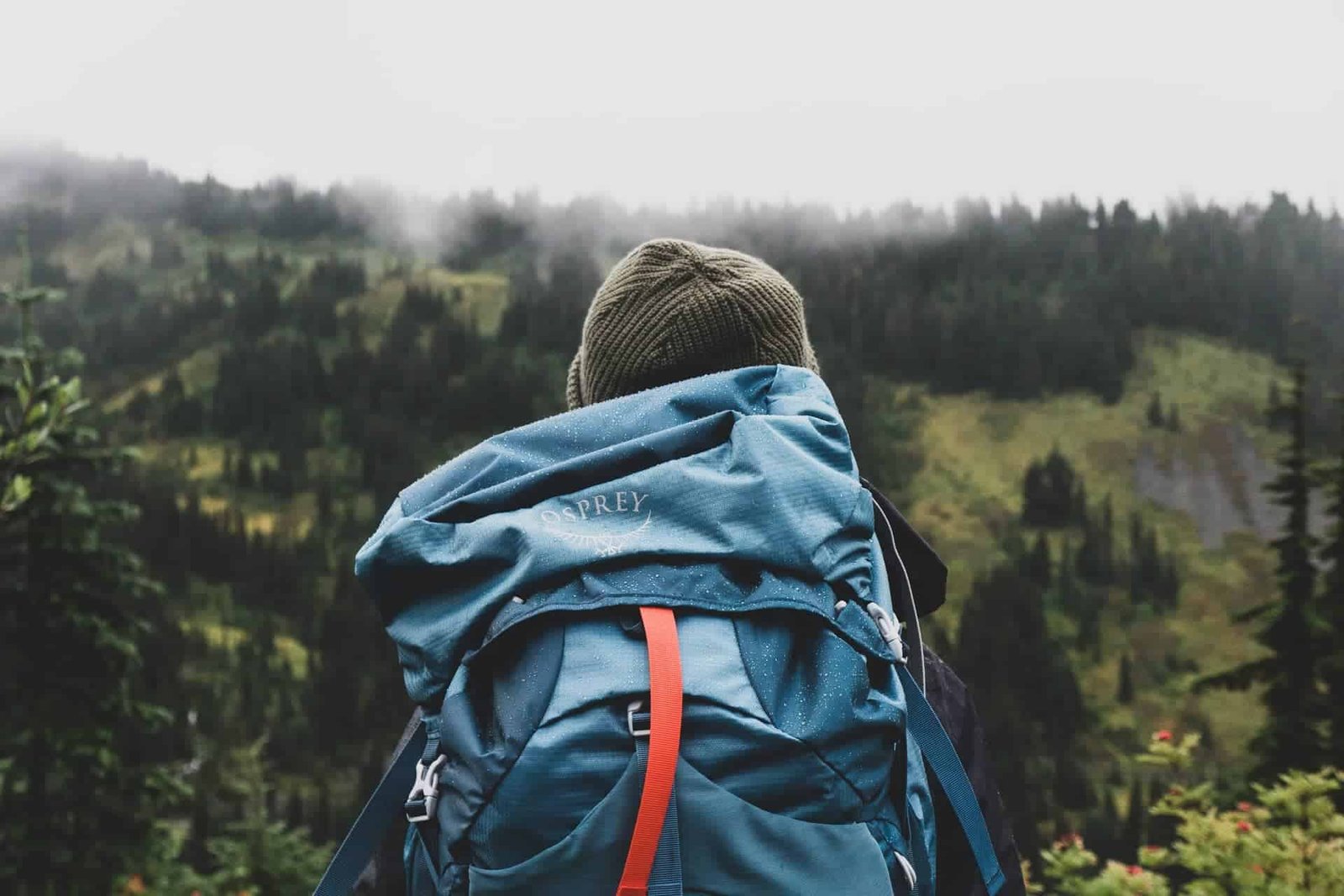Equipping yourself with proper equipment is critical for any kind of hiking adventure. Whether you’re going on a simple day hike or trekking a difficult mountain, you will need to have the right tools and necessities. Here’s a straightforward guide to the important gear you will need to take with you on your journey to any summit. Always, check this list of hiking essentials for beginners, while preparing for your next trail.
Hiking Essentials for Beginners: Hiking Checklist
1. A Reliable Backpack
2. First Aid
3. Navigation Device(GPS, Maps, and Compass)
4. Multi-Tools, Pocket knife, and Duct Tape
5. Backpacking food
6. Sufficient Water
7. Footwear
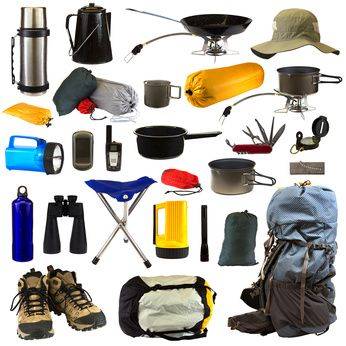
Backpack
A hiking backpack will be your main gear when you go hiking. It is essential that you have a backpack that can carry all your equipment. Its capacity will depend on how long your hike would be. If you’re going on a day hike, you will be fine with a 20-liter capacity backpack, but you’re going to need something bigger if you are going to take on longer trails and camp overnight.
Hiking backpacks are usually waterproof and come with pockets on the sides for your hydration bottles. It’s important to pack smart. You should avoid stuffing your bag with excessive things. The heavier your bag, the harder it will be to take around during your hike.
First Aid
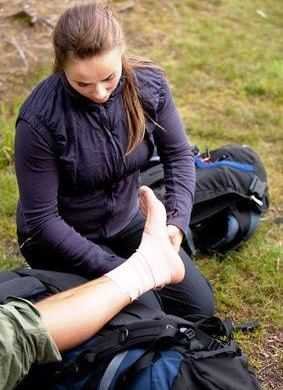
A first aid kit is a must bring when you are going on a hike. Whether you gather your own medical supplies or purchased a pre-packaged kit, it’s good to be prepared for any emergencies along the way. If you are not sure about the contents of your first aid kit, here are essential items for you to include: Soap, Hand Sanitizer, Sunscreen, Lip Balm, Pain reliever, Antihistamines, Bandages, Gauze pads, tape Safety pins, and Tweezers.
Navigation Device
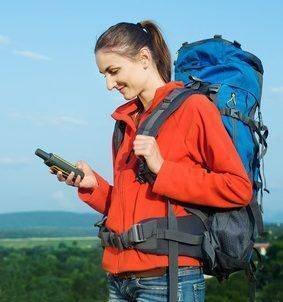
Today, it’s a standard for smartphones to be equipped with a navigation system. Though there are still limitations with these devices. The battery is limited, they cannot get wet, and the signal may be scarce depending on where you are. With the advancement of technology, GPS devices are becoming more rugged and reliable navigation devices. It will be helpful to take a USB power bank with you to supplement the battery of your GPS device.
Though GPS devices are convenient and provide a vast number of information, it would be great to have a map and compass as backup. If your GPS is compromised, then your map and compass will be of good use to keep you from losing your way.
Multi-Tools and Duct Tape
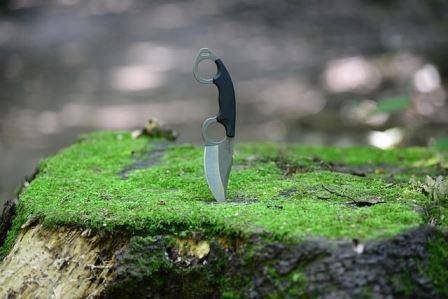
You should take a multi-tool or a swiss army knife to your hikes. Multi-tools and swiss army knives will always be a handy tools that can perform various tasks in several situations. You might even be surprised that you have used every feature of your swiss army knife or multi-tool from the Phillips screwdriver to the can opener. Learn more here about the pocket knives.
Duct tape is an excellent tool that you should take, especially if your hike will take more than a day or two to traverse. It may seem uncanny to bring one, but duct tape is a great tool to fix certain equipment. If your camping tent has a tear, punctured your backpack for hiking, or your poles snapped, duct tape can easily remedy those issues.
Food
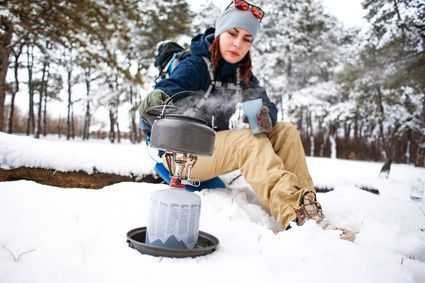
Your hiking preparation should include the meals and snacks that you will take with you on your hike. It would be best to bring high-calorie foods. You will be using an exponential amount of energy throughout your hike. You’ll need all the nutrition and sustenance you need.
Energy bars or any bar snacks will be one of the best foods to take with you. These types of snacks are usually high in calories. For breakfast, lunch, and dinner you can pack some canned goods and bread. You can make sandwiches for a calorie-dense meal.
Water

It is vital that you are properly hydrated throughout your hike. Never deprive your body of water. Keeping yourself well hydrated ensures that all your bodily functions are working at an optimal level. Water can also help regulate your body temperature.
In a 24-hour time span, it’s recommended that one must consume at least 4 liters of water. Keep in mind that water may potentially be one of the most cumbersome things to bring. Be practical and don’t take too much extra water with you. During a hike, keep your water in hydration bottles that are rugged enough to withstand a certain amount of impact. You never want to waste a single drop of water, or worse, damage your drinking apparatus.
Footwear
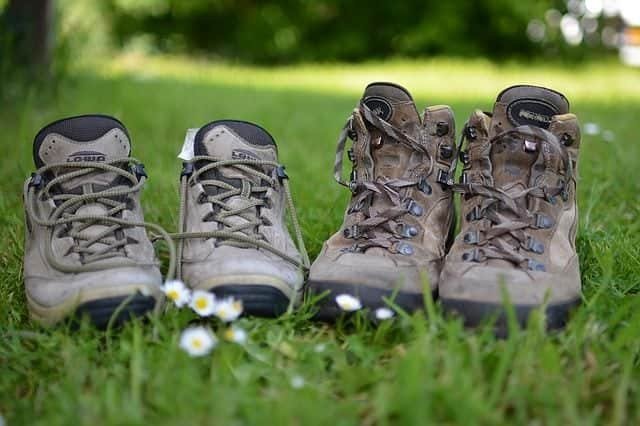
There is footwear out in the market that is made just for trail running and hiking. There are hiking boots and trail shoes. Hiking boots are sturdy, waterproof, and provide amazing traction on loose surfaces. They also provide ankle support to prevent any potential injuries.
On the other hand, trail shoes are lightweight and have a great grip. Though trail shoes don’t have ankle support, their much nimble and comfortable to wear. Ultimately, hiking footwear is all about being able to plant your feet on the ground without slipping. Maximizing traction is of great importance.
Key Takeaway
These are the basic things to take along with you. All of which will have you ready for your hiking adventure. Always remember to stay safe and vigilant during your trek. It’s always good to know the basic gear to take. As you gain experience with hiking, you can start to develop your own bespoke hiking checklist based on where and when you’re going to hike.


